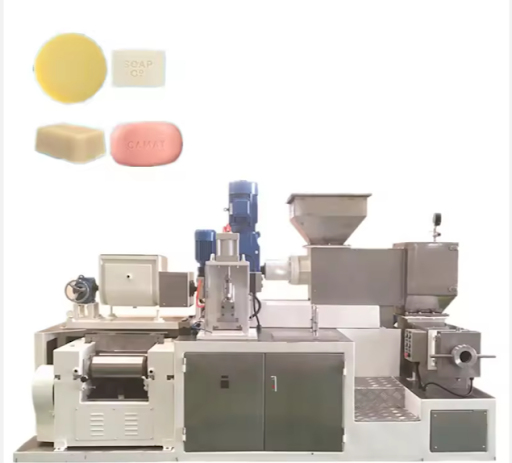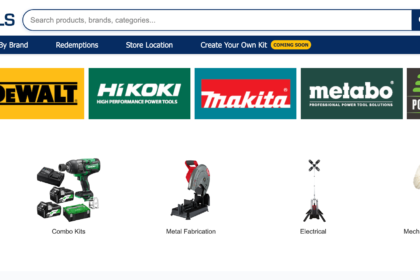The modern manufacturing operation is based on factory machines. They do the routine, time-consuming jobs that would otherwise slow the work. Automation in the factories will enable businesses to have higher production and have consistency in the quality of the products, and the human workers will have the opportunity to consider creative and strategic endeavors.
Machines can be used in packaging, construction, and even the cutting of raw materials; this aspect can help the company in achieving the set production goals effectively and consistently. They will make operations run uninterruptedly and still be functional when the demand is high.
Boosting Productivity and Reducing Bottlenecks
One of the major benefits of factory machines is that productivity is tremendously improved. Automated systems have a constant working schedule and eliminate the delays in the schedule due to human fatigue.
It has reduced production bottlenecks since machines work more quickly and with more precision than human beings. As an example, automated conveyor belt systems and robotic arms keep assembly lines continuously in motion so that deadlines are never missed, but at the same time, the quality is not affected.
Increasing Product Consistency
One of the greatest contributors to manufacturing is its consistency, and factory machines are the best in this activity. They perform every operation to the fullest as programmed, thereby giving the same outputs, with minimal variations.
Such consistency is important to businesses like food manufacturing, electronics, and automotive components, where precision is essential. Consistent products of high quality not only please the clients, but they also make returns and complaints scarcer, increasing brand reliability.
Innovation By Automation
Innovation is an enabler besides efficiency established by factory machines. Improved technologies that include machines with sensors, artificial intelligence, and programmable systems enable manufacturers to test new methods and designs of the products.
Businesses are able to respond to market dynamics in a quick manner, develop tailor-made products, or carry out more complicated production procedures without having to use much manual labor. This enhances creativity without compromising the efficiency of operations.
Maintenance and Long-Term Value
Factory machines should be maintained to maximize the best results. Properly maintained machines have long lives, give consistent performance, and avoid the necessity of costly repair. Routine checks, employee training, and timely repairs maintain the peak performance of the machinery, which in turn brings about the overall growth of the business.
Conclusion
The machines present in the factory are at the center of growth, productivity, and innovation in the manufacturing industry. Such machines help businesses stay ahead of a rapidly moving market thanks to their ability to increase productivity, maintain consistency in the newly produced goods, and facilitate flexibility in their production system structure. Having a proactive policy of regular maintenance and prudent use of the advanced machinery ensures the long-term value, and therefore, the factory machines are an inalienable asset to any modern manufacturing business establishment.








